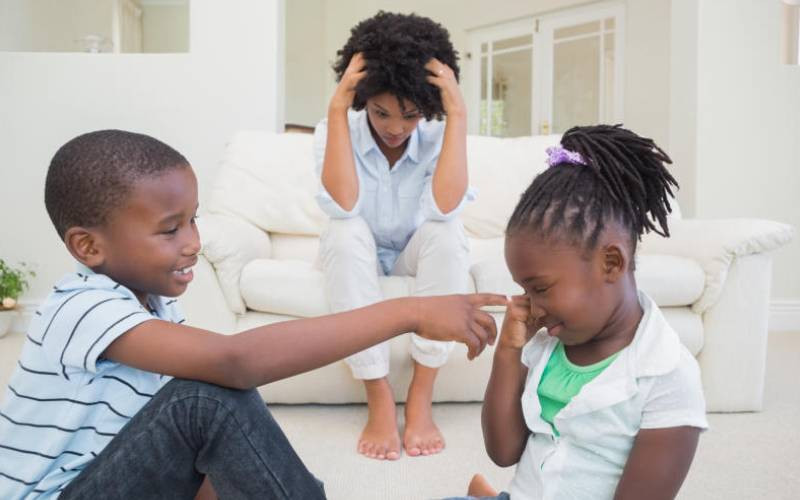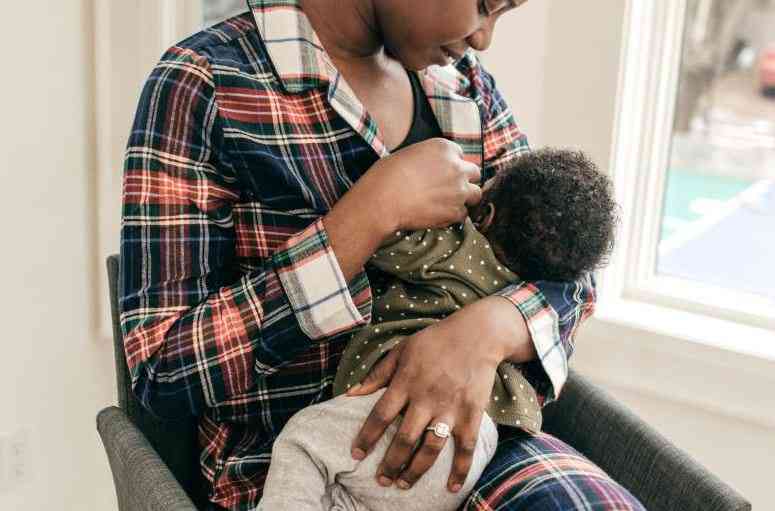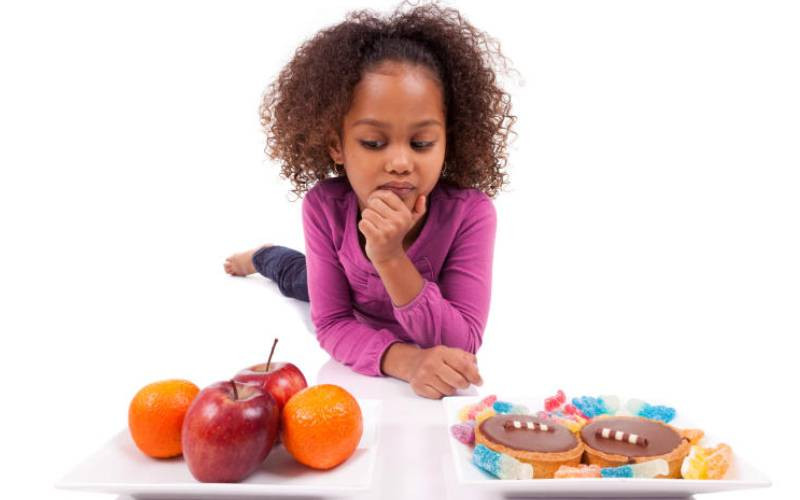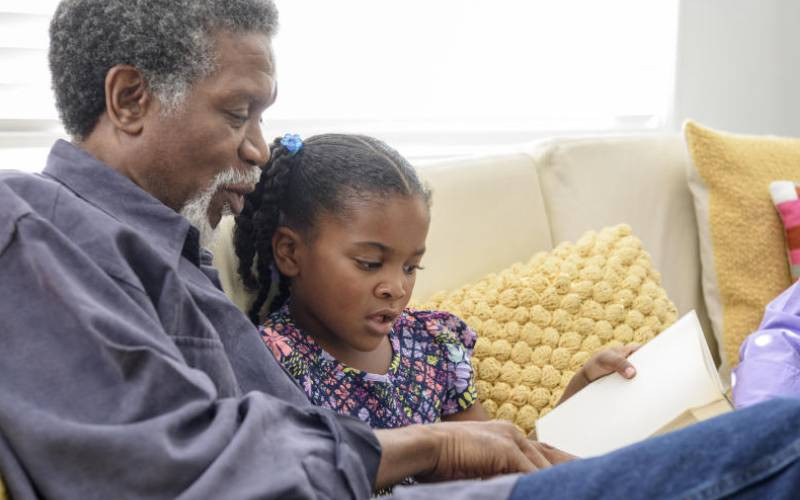
Parenthood is a massive responsibility. Forget the basics of keeping a tiny human alive, you're also obligated to instill a sense of morality in them and make sure they grow up to be sensible, well-adjusted adults.
But when you're drowning in shopping bags in the rain, trying to get back into the house and your beloved child is having a tantrum, it's hard to keep your cool.
In such moments, flippant comments we say can have a lasting impact.
Users of Q&A website Quora have been discussing the most psychologically damaging comments you can say to a child, based on their own experiences.
While some are genuinely disturbing, others are probably throwaway comments you might say without even thinking.
You'll understand one day
Stephanie Unson listed some of the phrases she heard growing up, including "stop being so sensitive" and "you'll understand when you have kids one day"
She also says that whenever she asked for help, her mum would reply: "NOW what did you do?"
Other comments Stephanie warns against are "What's wrong with you?" and "Don't be a burden" - which, she claims, was said to her before she was sent off on school activities or "any situation involving other people."
It's not what you say; it's how you say it
Luke Meier, a single father-of-three, argues that any words which "completely demean his or her efforts and talents" are high on the list of what you shouldn't say to children - "especially if uttered while the child is trying to impress you or receive praise."
He gives the example that if your child is learning violin and you constantly tell her to "shut that thing off” so you can watch TV, they will "never forget that."
Luke adds that "the most psychologically damaging thing you can say to a child is a lie that they find out later was not true. If this pattern repeats enough times, it will be very psychologically damaging."
David Hunter insists that it's not what you say, it's how you say it. He wrote: "Children are very sensitive to inflection and mood in parental delivery. Probably more so than they are sensitive to content."
According to Karl Ngantcha, saying nothing at all is more psychologically damaging to a child. He adds: "By nothing I mean not talking, communicating or interacting with your child at all. At as young as few months, children depend on daily interaction with their mother or father."
Never belittle their suffering
Parent Miranda Marcus suggests that you should never make fun of your child or belittle their pain or suffering - however trivial you think it might be.
Others warn not to be "over-controlling", such as forcing the child to eat something they don't like, and not to compare them directly with siblings or other children.
Bringing up their personal failures in front of relatives is also mentioned, so as not to embarrass the child.
Other users pointed out phrases that are more obviously damaging to a child. Ellen Perkins wrote: "Without doubt, the number one most psychologically damaging thing you can say to a child is 'I don't love you' or 'you were a mistake'.
She concludes: "But even more importantly, whatever words are used or implied through a parent's behaviour, it is the feeling of being unloved that does the damage."
 The Standard Group Plc is a multi-media organization with investments in media platforms spanning newspaper print
operations, television, radio broadcasting, digital and online services. The Standard Group is recognized as a
leading multi-media house in Kenya with a key influence in matters of national and international interest.
The Standard Group Plc is a multi-media organization with investments in media platforms spanning newspaper print
operations, television, radio broadcasting, digital and online services. The Standard Group is recognized as a
leading multi-media house in Kenya with a key influence in matters of national and international interest.










